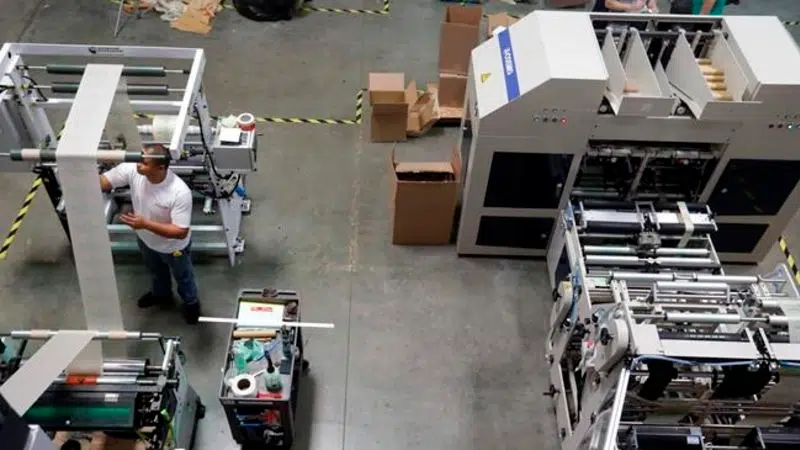
Survey: US manufacturing growth slows again in July
WASHINGTON — U.S. factory activity expanded at a slower rate in July for the fourth consecutive month as the Trump administration squares off with other countries on trade.
The Institute for Supply Management, an association of purchasing managers, said Thursday that its manufacturing index slipped to 51.2 last month from 51.7 in June. Any reading above 50 signals an expansion.
It was the 35th straight month of growth, though there are clear indications that the expansion is slowing as measures of production and employment fall.
Trade fights with China, Europe and Mexico and a stronger dollar have hurt U.S. exports and put American manufacturers on edge.


